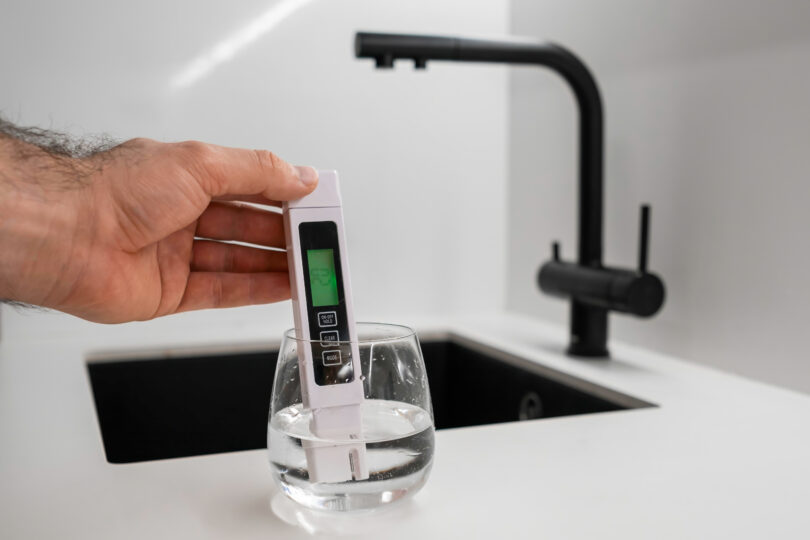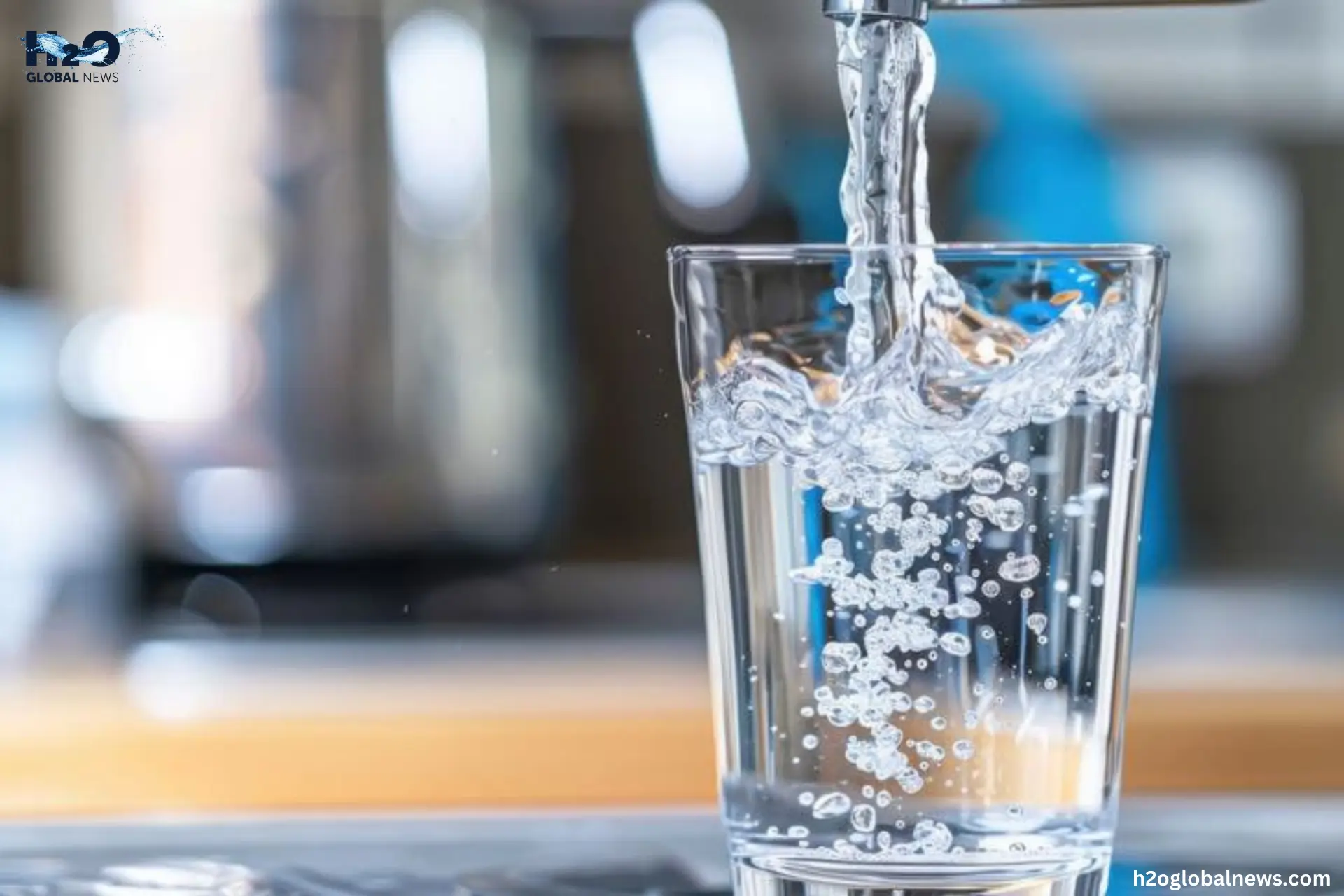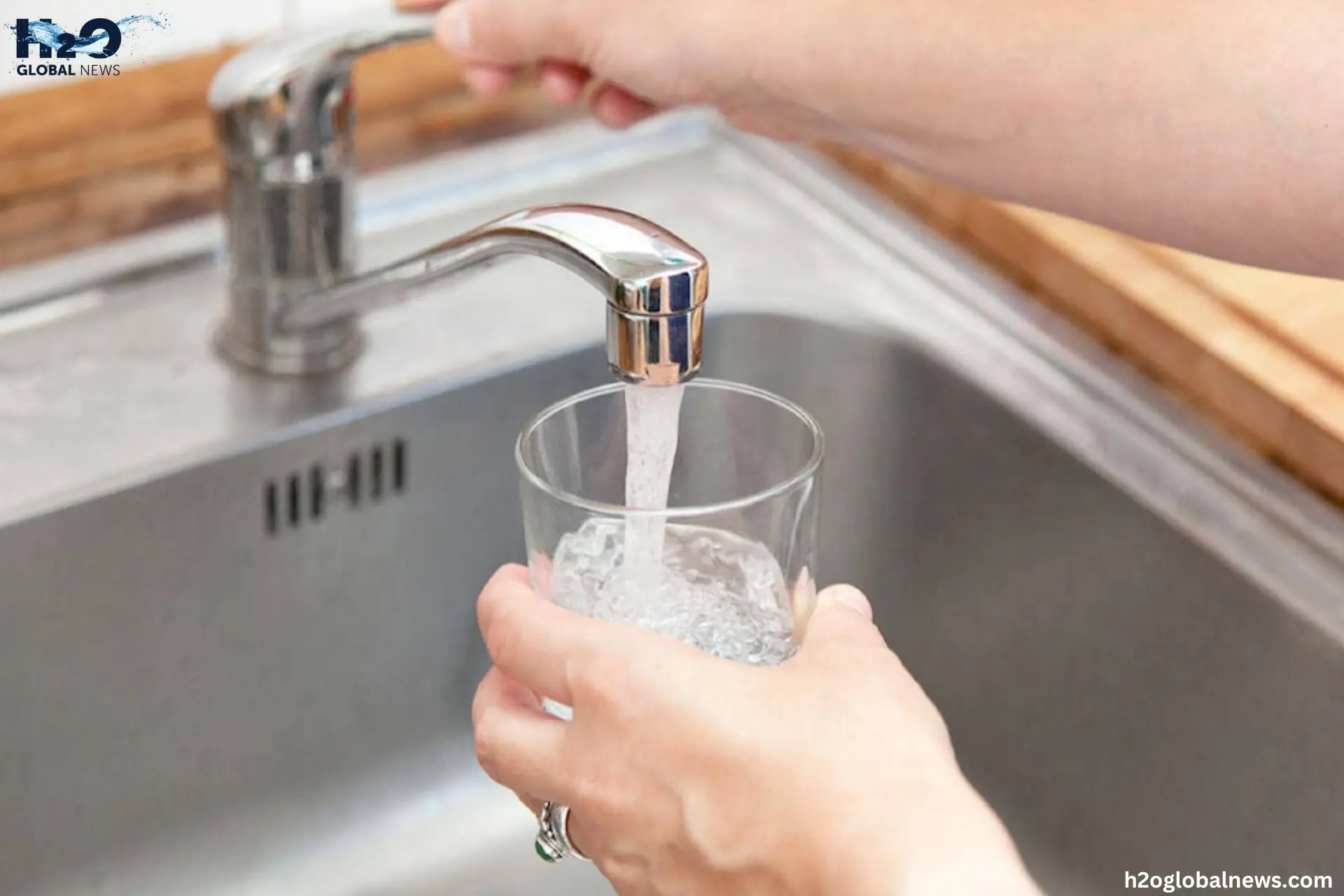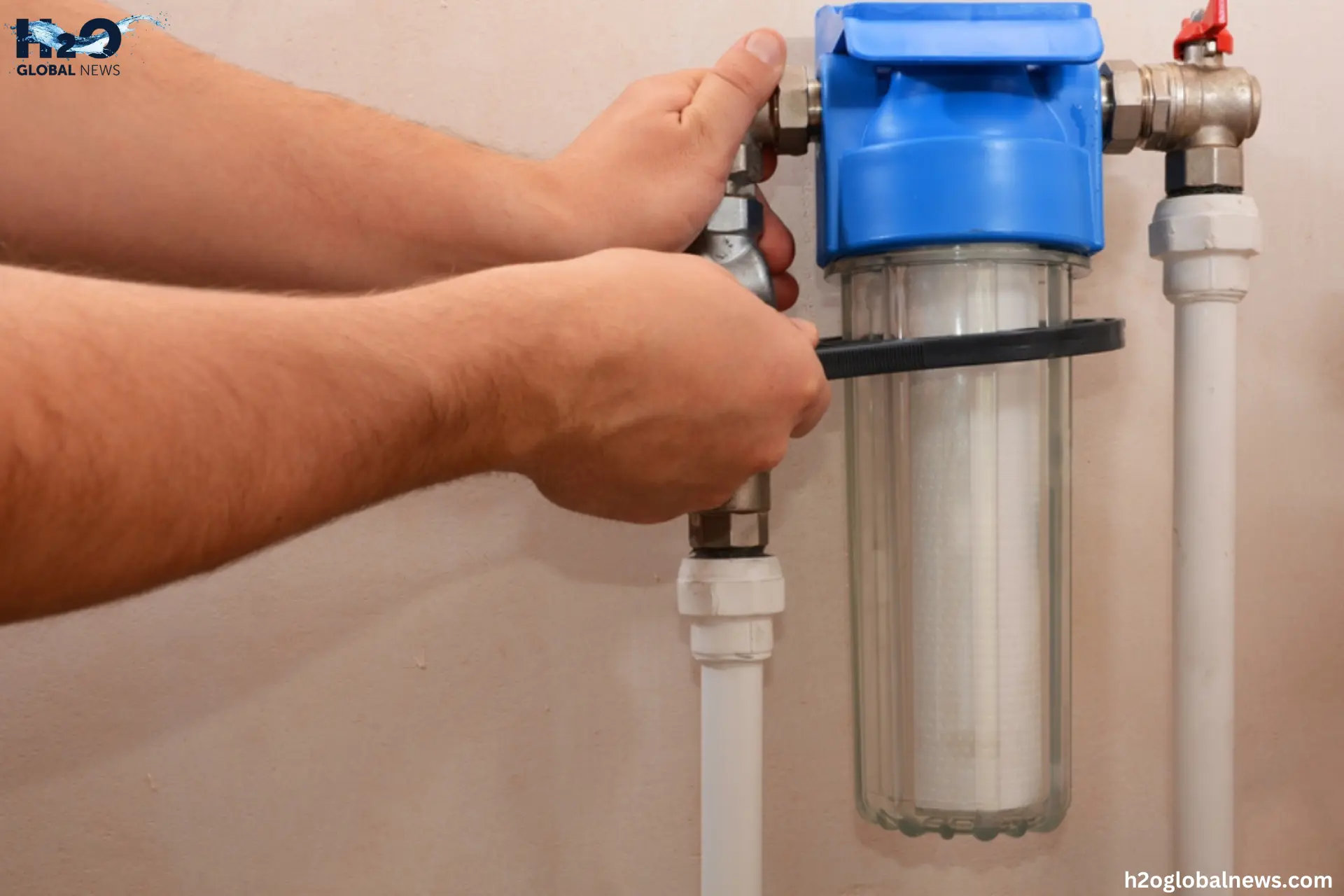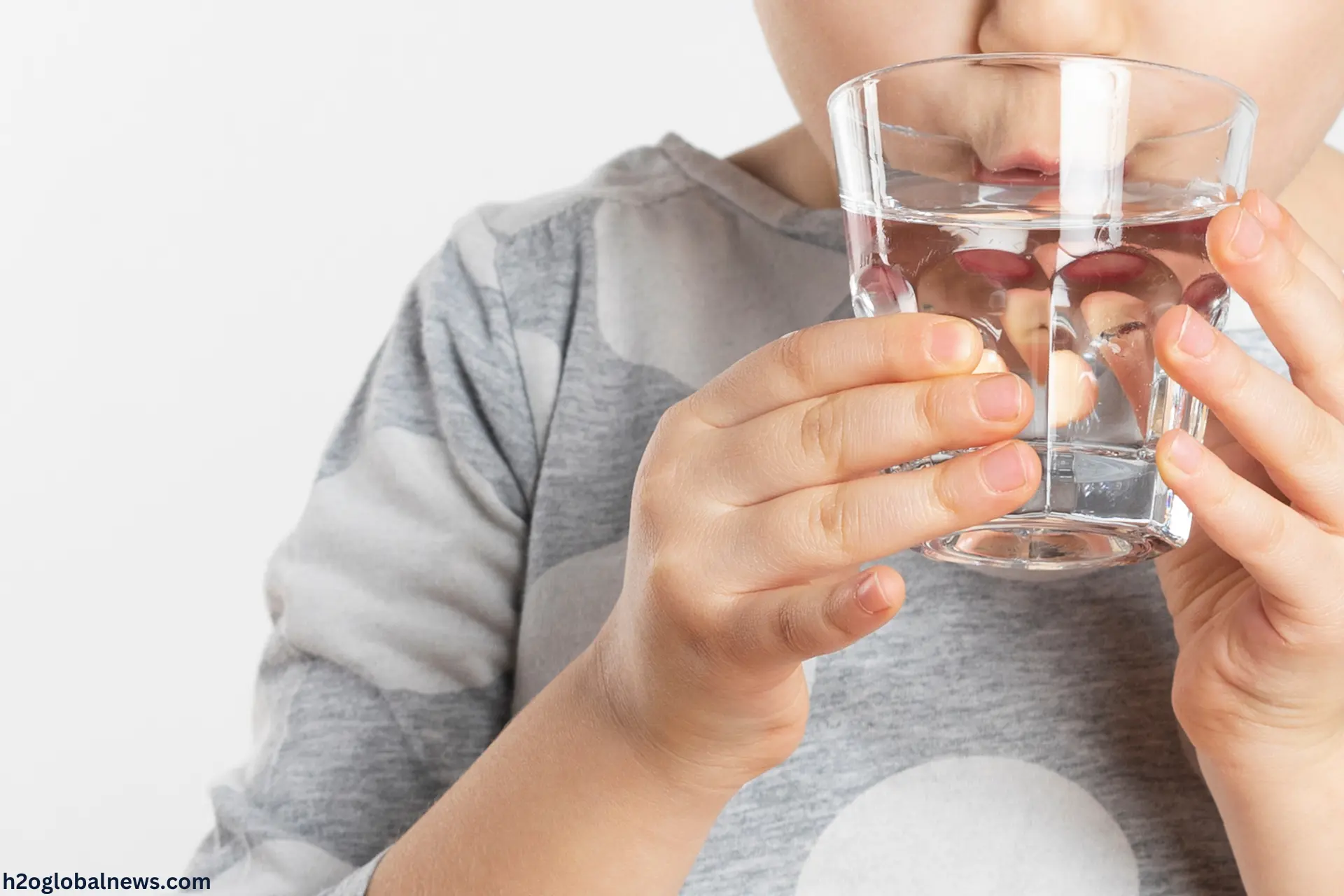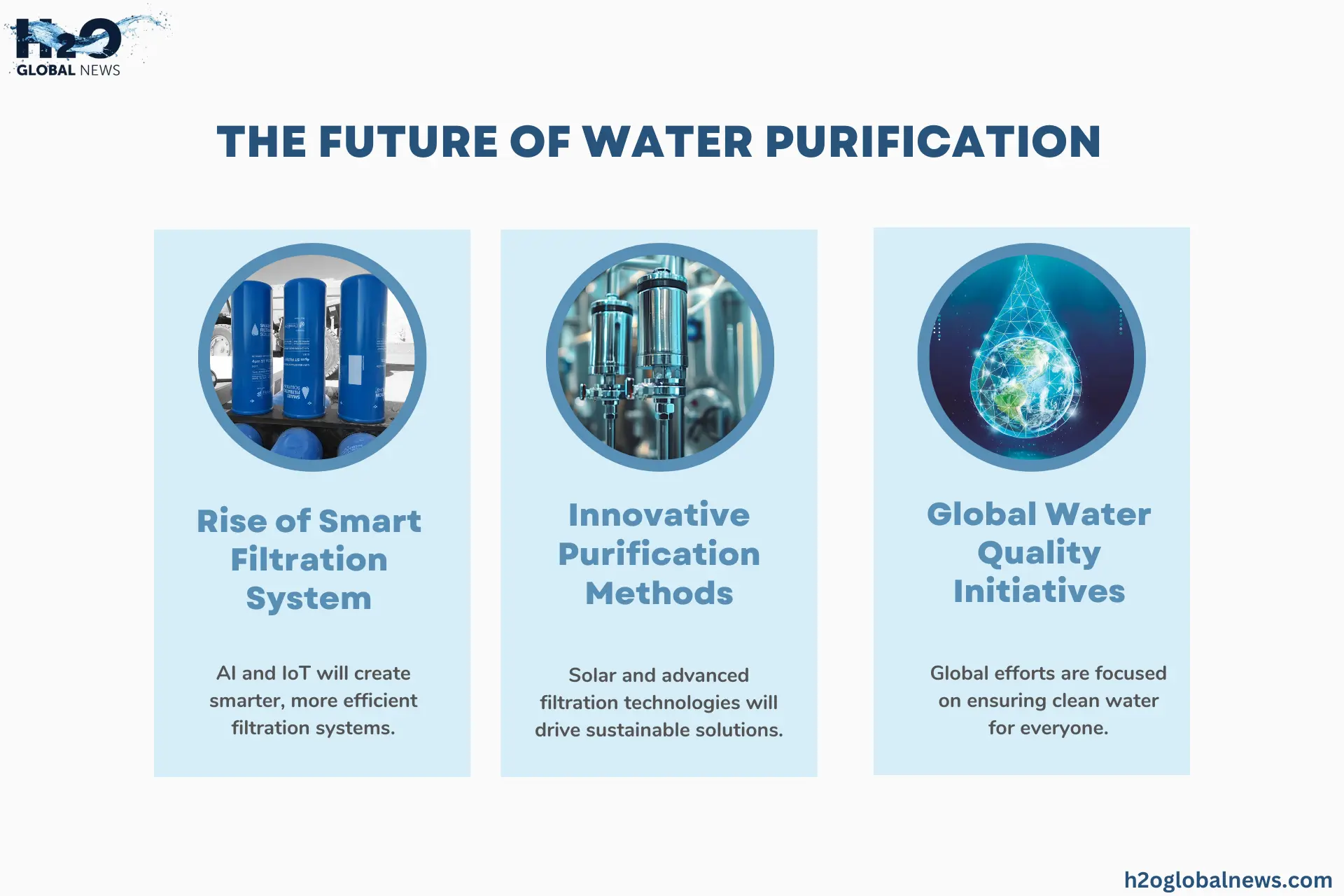Welcome to the ultimate guide on ensuring pure drinking water at home. In a world where water quality varies, it’s essential to understand how do we know if we drink good drinking water. This guide will walk you through everything you need to know about water purity, from understanding contaminants to choosing the right filtration systems.
Why Quality Drinking Water Matters
Water is the essence of life, and its quality directly affects our health. Poor water quality can lead to numerous health issues, including gastrointestinal problems, reproductive issues, and neurological disorders. Understanding the importance of quality drinking water is the first step towards ensuring a healthier lifestyle.
The Role of Hydration in Health
Staying hydrated is crucial for maintaining bodily functions such as temperature regulation, joint lubrication, and waste elimination. However, the quality of the water you consume can significantly impact these processes. Drinking pure water ensures that your body receives the nutrients it needs without harmful contaminants.
Common Contaminants in Drinking Water
Various contaminants can lurk in your drinking water, including bacteria, viruses, heavy metals, and chemicals. Knowing what these contaminants are and how they affect your health is vital. For instance, lead can cause developmental issues in children, while nitrates can affect oxygen transport in the blood.
Regulatory Standards for Water Quality
Governments and health organizations set regulatory standards to ensure drinking water is safe for consumption. These standards include limits on the concentrations of contaminants and regular testing protocols. Familiarizing yourself with these standards can help you understand the quality of your local water supply.
How to Assess Your Water Quality
Assessing your water quality is the first step towards ensuring it is safe to drink. Various methods and tools, from home testing kits to professional lab analyses, are available to help you determine the purity of your water.
Using Home Testing Kits
Home testing kits are a convenient way to check for common contaminants like chlorine, lead, and bacteria. These kits often provide immediate results, allowing you to take action quickly if any issues are detected. They are generally easy to use and relatively affordable.
Professional Water Testing Services
For a more comprehensive analysis, you can opt for professional water testing services. These services can test for a broader range of contaminants and provide detailed reports on water quality. Although more expensive, professional testing offers peace of mind by ensuring thorough examination.
Interpreting Test Results
Once you have your test results, understanding what they mean is crucial. Look for any contaminants that exceed recommended levels and take note of the overall water quality rating. Guidelines provided by health organizations can help you interpret these results accurately.
Filtration Systems for Home Use
Investing in a good filtration system is one of the best ways to ensure your drinking water is free from contaminants. Several types of filtration systems are available, each suited to different needs and budgets.
Activated Carbon Filters
Activated carbon filters are popular for their ability to remove chlorine, volatile organic compounds (VOCs), and unpleasant odours. These filters are typically found in pitcher filters, faucet-mounted filters, and under-sink units. They are an excellent option for improving the smell and taste of your water.
Reverse Osmosis Systems
Reverse osmosis (RO) systems are highly effective at removing a wide range of contaminants, including heavy metals, nitrates, and fluoride. These systems use a semipermeable membrane to filter out impurities. While RO systems are more expensive and require professional installation, they offer unparalleled purification.
Ultraviolet (UV) Purifiers
UV purifiers use ultraviolet light to kill bacteria and viruses, making them an excellent choice for disinfecting water. However, they do not remove chemical contaminants or particulates, so they are often used in conjunction with other filtration methods. UV purifiers are ideal for areas with microbiologically unsafe water.
Maintaining Your Filtration System
Regular maintenance is required to ensure that your filtration system remains effective. Filters can become clogged and less effective without proper care, compromising water quality.
Replacing Filters Regularly
Most filtration systems come with replaceable filters that need to be changed periodically. The replacement frequency depends on the filter type and water usage. Always follow the manufacturer’s recommendations to maintain optimal performance.
Cleaning and Sanitising
Cleaning your filtration system regularly prevents the buildup of biofilm and other contaminants. Use appropriate cleaning solutions and follow the instructions provided by the manufacturer. Regular sanitisation ensures that your system continues to deliver clean, safe water.
Monitoring System Performance
Keep an eye on your filtration system’s performance by checking for changes in water taste, smell, and flow rate. If you notice any issues, it may be time to replace the filter or service the system. Regular monitoring helps you catch problems early and maintain water quality.
Benefits of Investing in Quality Drinking Water
Investing in a good water filtration system offers numerous benefits, from improved health to financial savings. Understanding these benefits can help you make an informed decision about your water quality needs.
Health Improvements
Consuming pure water reduces your exposure to harmful contaminants, leading to better overall health. Improved hydration can enhance skin health, boost energy levels, and support various bodily functions. The long-term health benefits of drinking clean water outweigh the initial investment in a filtration system.
Financial Savings
While the upfront cost of a filtration system might seem high, it can save you money in the long run. Bottled water expenses add up over time, and a good filtration system can significantly reduce the need for purchasing bottled water. Additionally, improved health and reduced medical expenses contribute to financial savings.
Environmental Impact
Using a home filtration system reduces the need for single-use plastic bottles, contributing to environmental conservation. By opting for reusable water bottles and filtered tap water, you help decrease plastic waste and its detrimental effects on the planet.
Creating a Water Quality Routine
Establishing a routine for maintaining water quality ensures that you consistently enjoy clean, safe water. This routine should include regular testing, maintenance of filtration systems, and staying informed about local water quality issues.
Regular Testing Schedule
Set a schedule for testing your water quality every few months. Regular testing helps you catch any changes in water quality early and take timely action. Keeping a record of test results allows you to track improvements and identify recurring issues.
Maintenance Checklist
Create a maintenance checklist for your filtration system, including filter replacements, cleaning, and sanitization. Adhering to this checklist ensures that your system remains in top condition and continues to provide high-quality water.
Staying Informed
Stay informed about local water quality issues by following updates from health organizations and water utilities. Awareness of potential problems allows you to take proactive measures to protect your water supply. Joining community groups focused on water quality can also provide valuable insights and support.
The Future of Water Purification
Advancements in technology continue to improve water purification methods, making them more efficient and accessible. Keeping an eye on emerging trends can help you stay ahead and ensure that you always have access to the best purification options available.
Smart Filtration Systems
Smart filtration systems equipped with sensors and connectivity features are becoming increasingly popular. These systems can monitor water quality in real-time, alert you to maintenance needs, and even automatically order replacement filters. Investing in smart technology ensures convenience and peace of mind.
Innovative Purification Methods
Researchers are continually developing new purification methods, such as nanotechnology and advanced oxidation processes. These innovations promise more effective and sustainable water purification solutions. Staying informed about these advancements allows you to make informed decisions about upgrading your filtration system.
Global Water Quality Initiatives
Various global initiatives aim to improve water quality and accessibility worldwide. Supporting these initiatives and advocating for better water policies can contribute to a cleaner, healthier planet. By staying engaged in global water quality efforts, you can play a part in ensuring that everyone has access to safe drinking water.
Choosing the Right Filtration System for Your Needs
Selecting the right filtration system depends on your specific water quality issues, budget, and preferences. Understanding the variety of available options can help you make a choice that best suits your needs.
Assessing Your Water Quality Issues
Identifying the primary contaminants in your water supply helps you choose a filtration system that effectively addresses those issues. Whether you need to remove lead or any other heavy metal, chlorine, or bacteria, there’s a filtration system designed to meet your needs.
Budget Considerations
Consider your budget when selecting a filtration system. While some systems require a higher initial investment, they may offer long-term savings through reduced maintenance costs and longer filter lifespans. Balance your budget with the level of purification you need to ensure the best value.
Personal Preferences
Your personal preferences, such as ease of installation, maintenance requirements, and design, should also factor into your decision. Choose a system that fits seamlessly into your lifestyle and enhances your overall water experience.
Conclusion
Ensuring quality drinking water at home is essential for maintaining good health, saving money, and protecting the environment. By understanding the importance of water purity, assessing your water quality, and investing in the right filtration system, you can enjoy the benefits of clean, safe water every day.
Taking action to improve your water quality doesn’t have to be overwhelming. Start with small steps, such as testing your water and exploring filtration options. Over time, you’ll build a routine that ensures your family always has access to pure, healthy hydration.
FAQs
1. What are the most common contaminants in drinking water?
Common contaminants in drinking water include bacteria, viruses, heavy metals like lead and mercury, pesticides, chlorine, and industrial chemicals. If left untreated, these impurities can negatively affect health.
2. Is reverse osmosis worth the investment for home water filtration?
Yes, reverse osmosis is an excellent option for homeowners seeking thorough water purification. It effectively removes many contaminants, including heavy metals and fluoride, making it ideal for households needing high-quality, purified water.
3. Can I use a home filtration system to improve the taste of my water?
Yes, home filtration systems like activated carbon filters can improve the taste and smell of your water by removing chlorine, organic compounds, and other impurities that affect flavor.



